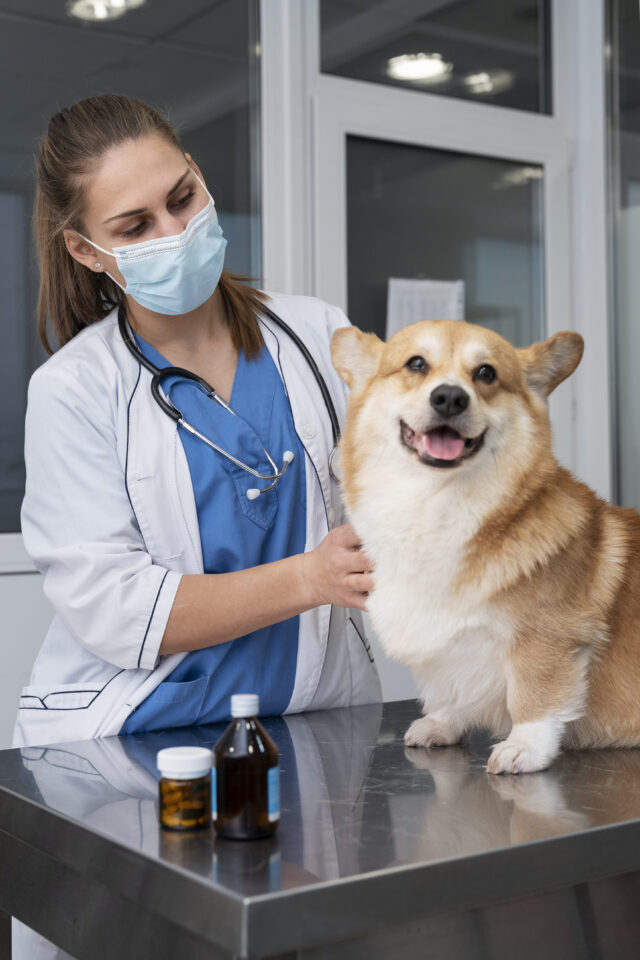Starting a dog breeding business can be a rewarding endeavor for those passionate about dogs and committed to ethical breeding practices. A successful dog breeding business requires careful planning, dedication, and adherence to best practices. This guide will walk you through the essential steps to establish a reputable and thriving dog breeding business.

1. Research and Planning
Understanding Breeds and Genetics: The foundation of a successful dog breeding business lies in thorough research and planning. Begin by selecting a breed or breeds you are passionate about. Study their characteristics, temperament, health issues, and genetic traits. Understanding genetics is crucial to ensure healthy and desirable litters.

Creating a Business Plan: A well-structured business plan is essential. Outline your goals, target market, and business strategy. Consider the costs involved, such as purchasing breeding dogs, setting up facilities, veterinary care, and marketing. A detailed business plan will serve as a roadmap for your dog breeding business and help you stay focused.
2. Legal Requirements and Licensing
Understanding Regulations: Dog breeding is subject to various regulations and licensing requirements. Research the local, state, and federal laws governing dog breeding in your area. Obtain the necessary licenses and permits to operate legally. Compliance with regulations ensures the well-being of your dogs and the legitimacy of your business.
3. Setting Up Your Breeding Program

Selecting Breeding Stock: Choose high-quality breeding dogs from reputable breeders. Prioritize health, temperament, and genetic diversity. Ensure your breeding stock undergoes thorough health screenings and genetic testing to minimize the risk of hereditary diseases.
Creating a Suitable Environment: Your breeding facility should provide a safe, clean, and comfortable environment for your dogs. Invest in proper housing, exercise areas, and whelping facilities. Regularly clean and maintain the facility to prevent the spread of diseases.
4. Health Care and Veterinary Support
Regular Veterinary Care: Establish a relationship with a trusted veterinarian experienced in canine reproductive health. Regular check-ups, vaccinations, and preventive care are essential for the well-being of your breeding dogs and their puppies.

Nutrition and Exercise: Provide a balanced diet and regular exercise for your dogs. Proper nutrition and physical activity contribute to their overall health and reproductive success.
5. Ethical Breeding Practices

Responsible Breeding: Ethical breeding practices prioritize the health and well-being of the dogs. Avoid overbreeding and ensure adequate rest periods between litters. Screen potential buyers carefully to find responsible and loving homes for your puppies.
Socialization and Training: Early socialization and training are vital for the development of well-adjusted puppies. Expose them to various environments, people, and other animals to ensure they grow into friendly and confident dogs.
6. Marketing and Selling Your Puppies
Building an Online Presence: In today’s digital age, having an online presence is crucial. Create a professional website and social media profiles to showcase your breeding program, available puppies, and testimonials from satisfied customers.
Networking and Referrals: Attend dog shows, breed clubs, and canine events to network with other breeders and potential buyers. Building a reputation within the dog breeding community can lead to valuable referrals and partnerships.
7. Continuous Learning and Improvement
Staying Informed: The world of dog breeding is constantly evolving. Stay updated on the latest research, breeding techniques, and industry trends. Join breeding associations and participate in workshops and seminars to enhance your knowledge and skills.

Feedback and Adaptation: Seek feedback from buyers and fellow breeders to improve your breeding program continually. Adapt to changes in market demand and adjust your breeding practices accordingly.
Starting a dog breeding business requires a significant investment of time, effort, and resources. By following these steps and maintaining a commitment to ethical breeding practices, you can build a successful and reputable dog breeding business. Remember, the well-being of the dogs should always be your top priority. With careful planning, dedication, and a passion for dogs, you can create a thriving breeding program that brings joy to both you and the families who welcome your puppies into their homes.


